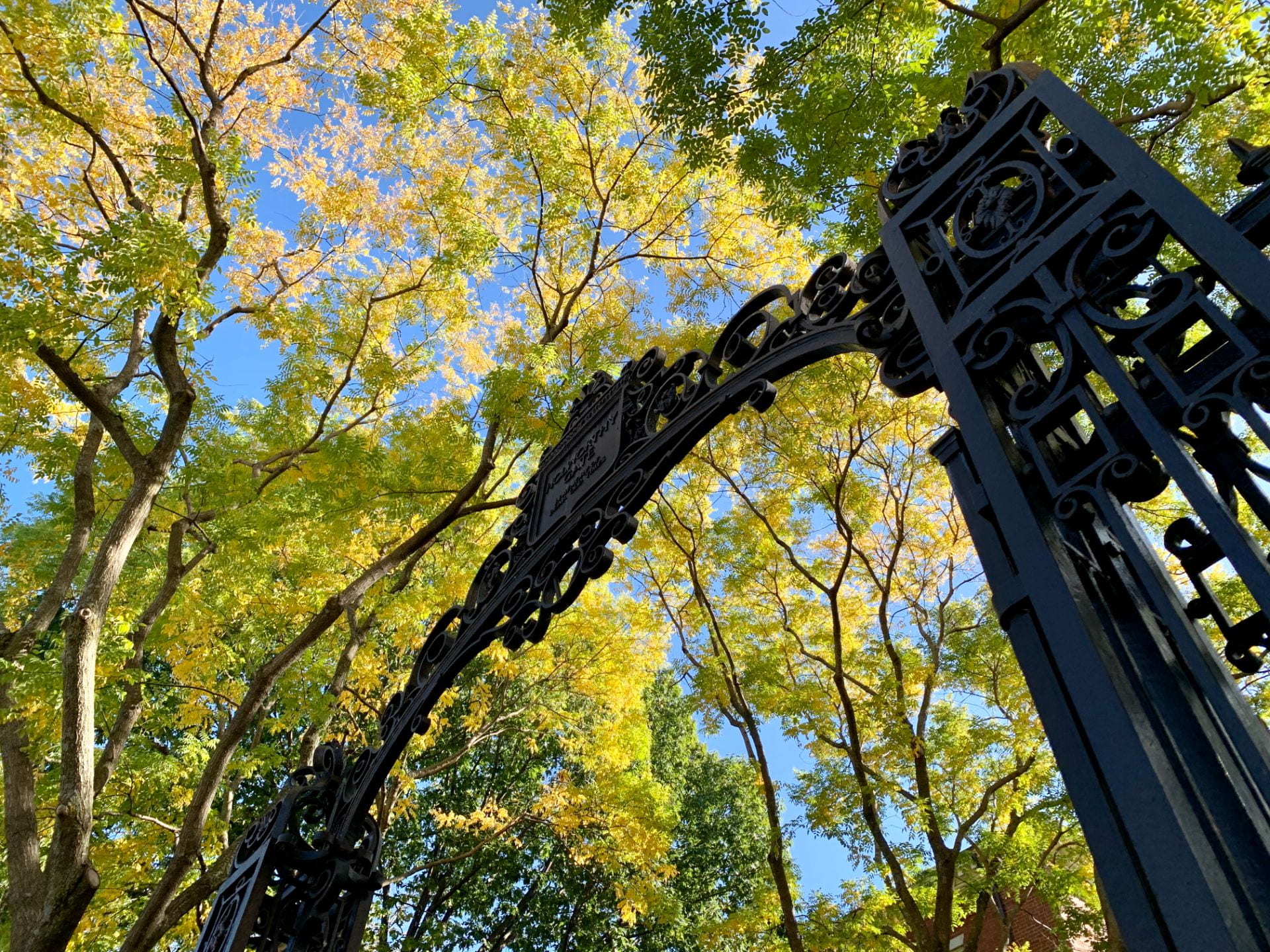Note-taking technology that includes audio recording creates equitable access for students whose disabilities limit their ability to take detailed, hand-written notes in class. Often, this is related to learning, processing, vision, hearing, or manual disabilities.
DAO works with students to understand the specific barriers related to note-taking and determines appropriate auxiliary aids to create an equitable learning experience. These accommodations address a deficit in accessibility and do not result in any unfair advantages.
The use of note-taking technology promotes independent engagement with course information and allows students to continue to develop their note-taking skills, capture information that is important to them, customize notes, and not rely on others to control the quality and depth of shared notes. There will be situations in which peer note-takers are also required to provide necessary supplementary notes.
Examples of Note-taking Technology
DAO will assess the type of note-taking support that is necessary for student access. Common tools that are implemented include the following:
Glean: Glean is a robust note-taking platform that works on laptops, tablets, or compatible smart devices with features that include audio recording, post-recording transcription, typed/written notes, importing of slides and images, flags, and organizational tools for written and recorded content. The student directs their own note-taking and engages with the material in more accessible ways. Recording features are controlled by the student and may be paused.
Smart Pens (Neo Smart Pens and Live Scribe): Smart pens are ballpoint pens with embedded audio recording devices. These pens interact with specific paper or tablets that synchronize notes with any audio that is recorded. Recording features may be turned on and off while writing.
Otter A.I.: Otter.ai is an automated notetaking program for smart devices that uses speech recognition to provide real-time transcription as well as a recording of a lecture. Transcripts are searchable using generated key words. Recording must be enabled for transcription to occur.
Digital Recording: A variety of digital recording devices, ranging from cell phone apps to dedicated digital recorders may be used for audio input only.
Audio Recording During Discussions
In discussion-based courses, there may be concerns about the impact that audio recording accommodations could have on authentic class participation. On the rare occasion that sensitive content arises in class that will not be assessed or needed for reference in the course, you may inform the class that recording apps/devices should be turned off and students may not take notes. If this occurs, you should inform students when they can turn their recording devices back on and resume taking notes.
If you have questions or concerns about this or other accommodations, please contact DAO to discuss.
Common Questions
State laws prohibit the recording of individuals without their knowledge or consent. How do I address this?
Faculty should indicate verbally or in writing what their recording policies are in each class. This statement should include a disclaimer that DAO-approved audio recording is permitted for accommodation purposes and not identify which students this applies to.
What law addresses audio recording accommodations?
Section 504 of the Rehabilitation Act (1973) states: “A recipient may not impose upon handicapped students other rules, such as the prohibition of tape recorders in classrooms or of dog guides in campus buildings, that have the effect of limiting the participation of handicapped students in the recipient’s education program or activity.”
What measures are taken to prevent sharing of audio recordings for accommodation purposes?
In order to allow a student with a disability the use of an effective aid and, at the same time, protect the instructor and intellectual content, students who are approved to audio record lectures sign an agreement with DAO outlining these responsibilities, which prohibit sharing, posting, or otherwise permitting others from accessing their recordings. All audio recordings are to be destroyed once the content is no longer needed for the recorded classes, and DAO sends reminders of this at the end of each semester. Students are aware that a violation of this agreement will result in disciplinary action by the College.
